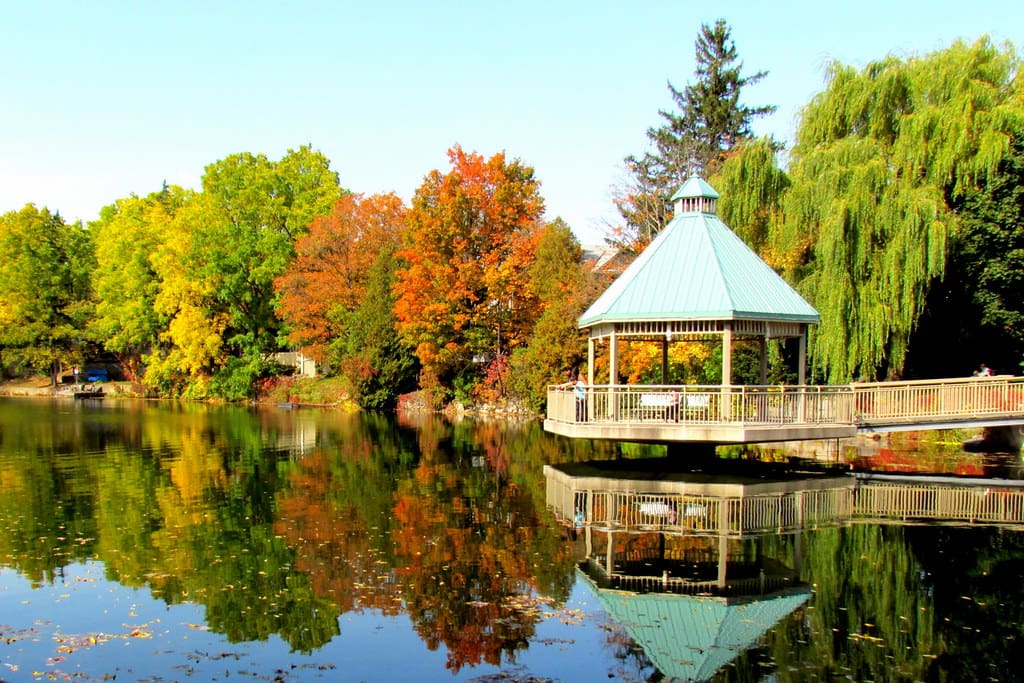
For years, I was under the impression that Milton’s growth was stalled in the 1990’s because of lack of water supply. I moved to the Town in 2004, and that was the story I heard from dozens of people.
Turns out, that’s mostly false.
It’s true that less than TEN properties were built between 1990 and 1999, before Milton experienced a huge population boom and became one of the fastest growing communities in the world.
But what was the REAL reason they stopped building homes in the 90’s?
Apparently, the Provincial Ministry of the Environment would not let the Milton wastewater treatment plant on Fulton Street expand in the 1980’s, and required that any future growth in Milton would be lake-based.
Turns out that Milton had plenty of well water available, with estimates as high as 65,000 people, back when the Town was only 28,000 people.
The older part of Milton (Old Milton, Dorset Park, Timberlea, Mountainview and Bronte Meadows) still gets its water from underground aquifers and a large “community well”.
That’s also the reason why nearly every home in the mature neighbourhoods has a water softener. The water in this area is extremely “hard”.
For more information about soft and hard water, please review this.
On the other hand, the new areas in Milton (built after 1999) get their water supply from Lake Ontario. At the end of the 90’s, a water pipeline, along with the Union Gas pipeline, were built in order to facilitate new development.
So part of the reason Milton became such a fast growing community in the early 2000’s (and beyond) is because they were playing “catch up” with Mississauga and Oakville – both of which were almost fully developed by the late 90’s.
So it wasn’t a matter of available water capacity, as I was originally led to believe. It was a decision from the Province that slowed growth to a halt, before quickly catapulting Milton into double speed in the 2000’s and beyond… as the Town played catch-up!
Thank you to Regional Councillor Colin Best for his assistance and guidance in clearing this up, and for more information about wastewater treatment you can visit the Halton Region website here.